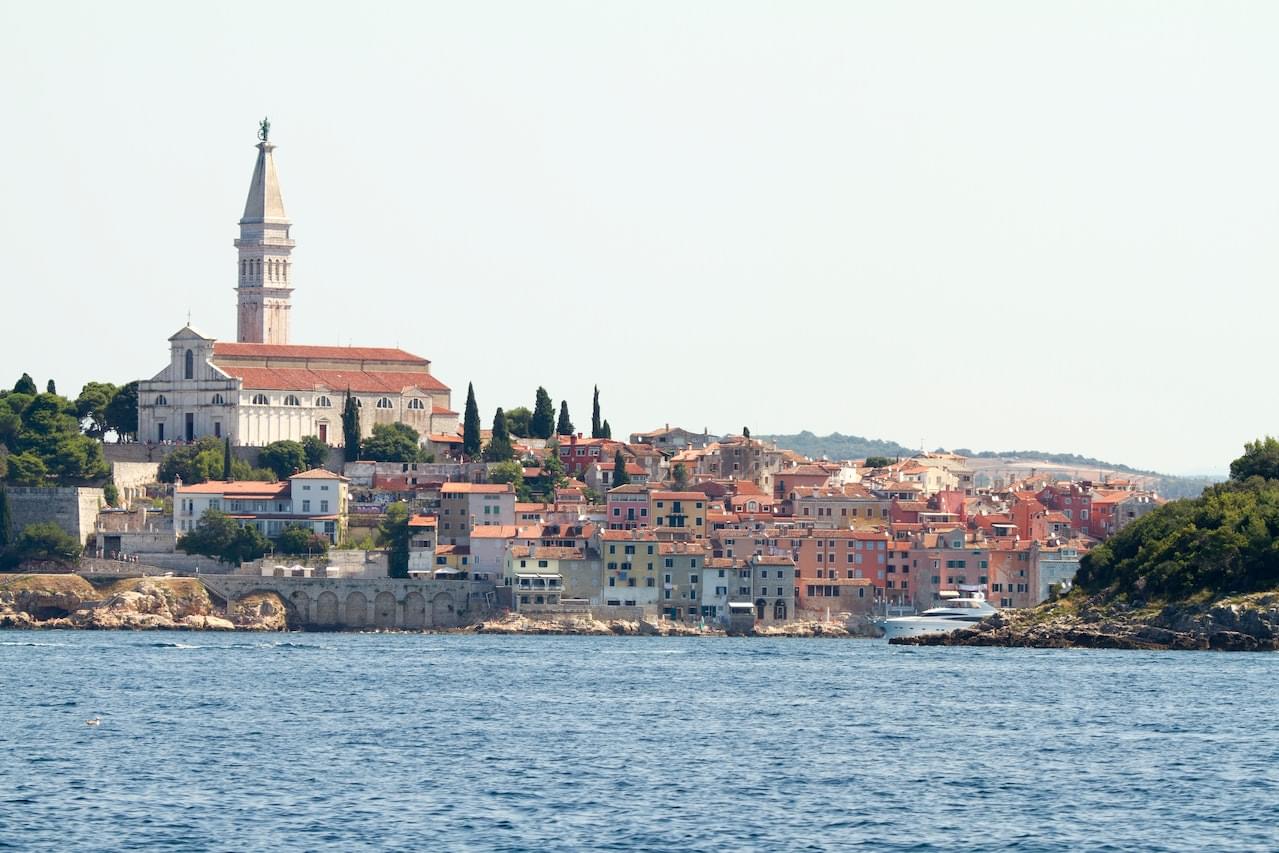18.9 million tourists vacationed in Croatia last year
Last year, 18.9 million tourists visited Croatia and spent 104.8 million guest nights, the number of guests was 37 percent and the number of guest nights was 25 percent more than the previous year, the Croatian Ministry of Tourism announced on Monday, based on the data of the eVisitor system launched by it.

They are optimistic about the year 2023
The number of visitors is 9 percent and the number of guest nights four percent lower than the data of the record year before the pandemic in 2019.
Germans spent the most guest nights (24.9 million), followed by Slovenians (10.1 million), Austrians (8.2 million), Poles (6.7 million), Czechs (6 million), followed by the Italians (4.2), the British (3.7), the Slovaks and the Dutch (3.3 million respectively).
Most tourist nights are in Istria (29.5 million), Split-Dalmatia County (19.5 million), Seaside Plateau County (18.3 million), Zadar County (14.9 million), Dubrovnik-Neretva County (8 million ) and in Sibenik-Knin County (6.8 million).
Among the cities, Rovinj (4.2 million), Dubrovnik (3.8 million), Porec (3.4 million) and Split (3.1 million) received the most visitors.
Tourism Minister Nikolina Brnjac told the press: with Croatia joining the Schengen and Eurozones, tourism will become an even more competitive sector, so they are optimistic about the year 2023.
Related news
Wizz Air increases flights to Egypt to help passengers affected by Middle East airspace closures
🎧 Hallgasd a cikket: Lejátszás Szünet Folytatás Leállítás Nyelv: Auto…
Read more >MBH quick analysis: Tourism will continue to soar this year
🎧 Hallgasd a cikket: Lejátszás Szünet Folytatás Leállítás Nyelv: Auto…
Read more >Hotel Association: Hotel of the Year 2025 awards presented
🎧 Hallgasd a cikket: Lejátszás Szünet Folytatás Leállítás Nyelv: Auto…
Read more >Related news
MBH Analysis Center: The Hungarian economy may accelerate again in 2026, but the Iranian war carries serious risks
🎧 Hallgasd a cikket: Lejátszás Szünet Folytatás Leállítás Nyelv: Auto…
Read more >SPAR is preparing for an Easter rush: it is filling its stores with 570 tons of smoked meat products
🎧 Hallgasd a cikket: Lejátszás Szünet Folytatás Leállítás Nyelv: Auto…
Read more >Focus on the domestic fishing sector at SIRHA Budapest
🎧 Hallgasd a cikket: Lejátszás Szünet Folytatás Leállítás Nyelv: Auto…
Read more >








